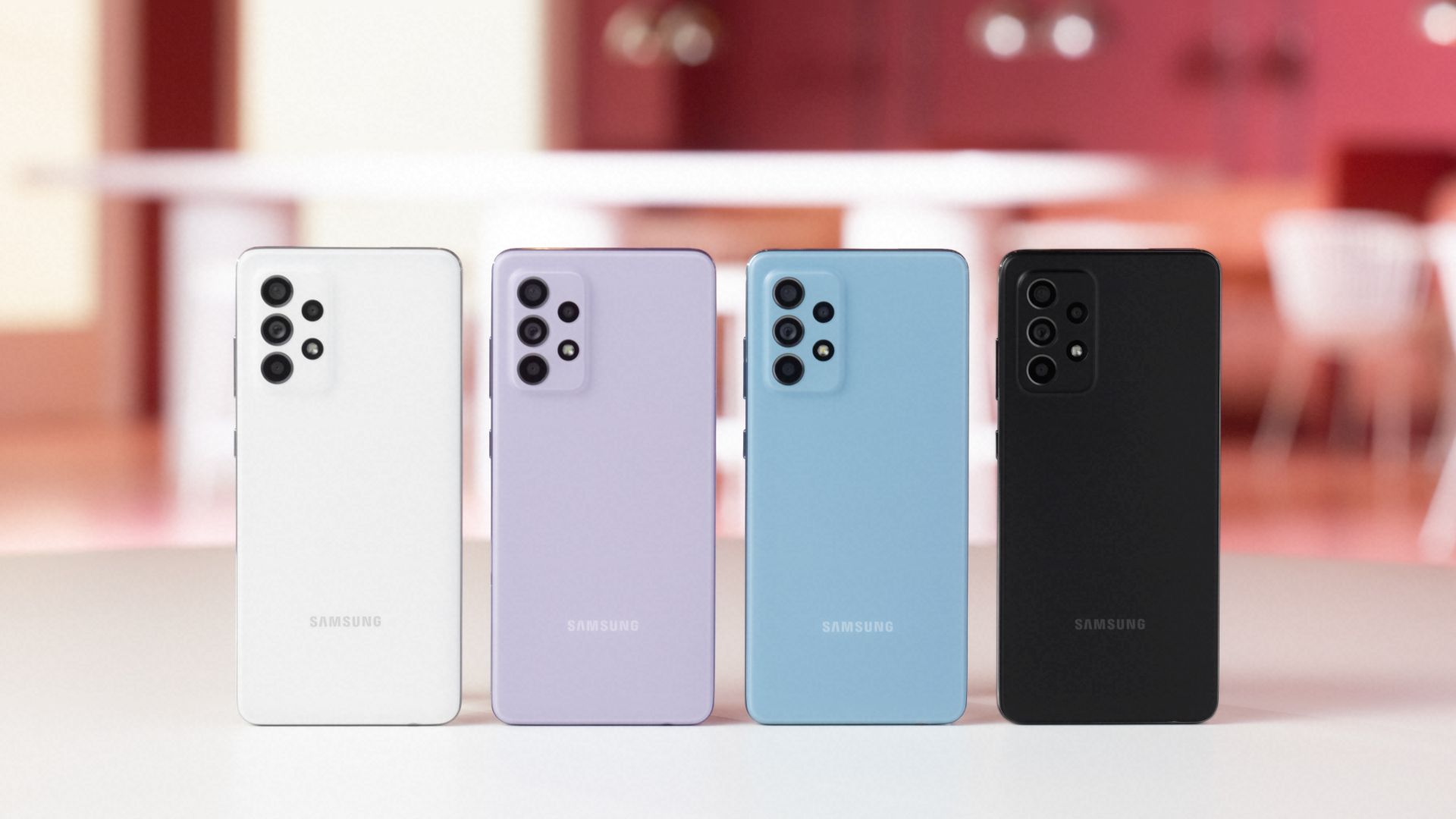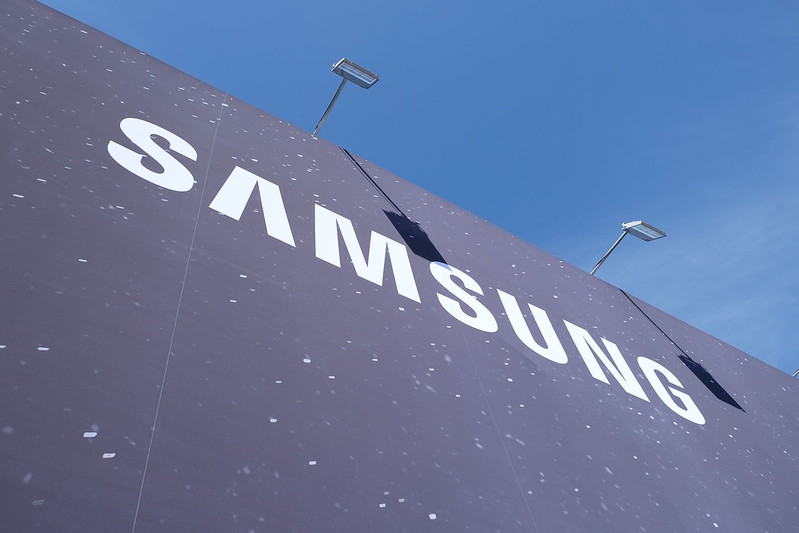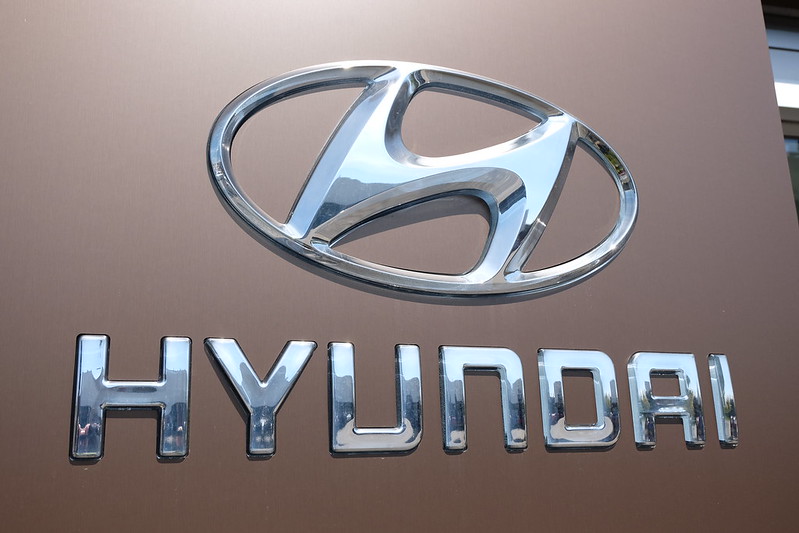Amid the global semiconductor crisis, South Korea's government is apparently looking to make the country more self-sufficient in automotive semiconductors, with Samsung inking a "deal" with Hyundai, according to new reports, and the two companies signing an agreement with the Korea Institute of Automotive Technology and the Ministry of Trade, Industry and Energy .
Samsung and Hyundai, along with the two mentioned institutions, share the same goal of solving the semiconductor shortage in the automotive industry and building a stronger local supply chain. Samsung and Hyundai will reportedly work together to develop next-generation semiconductors, image sensors, battery management chips and application processors for infotainment systems.
Samsung reportedly plans to develop high-performance semiconductors for vehicles built on 12-inch wafers instead of the 8-inch ones the rest of the industry relies on. Both companies are said to be aware that they won't make much money initially from the business, but observers say their aim is to strengthen the local supply chain for automotive semiconductors as electric cars continue to gain popularity. Their cooperation is therefore of a long-term nature.
The South Korean tech giant also recently introduced its "next-gen" LED modules for the smart headlights of electric cars. Called PixCell LED, the solution uses pixel isolation technology (similar to that used by ISOCELL photochips) to improve driver safety, and the company has already started supplying the first modules to automakers.
You could be interested in


